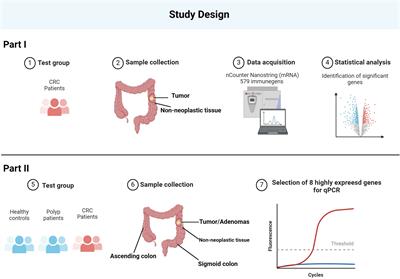EDITORIAL
Published on 18 Feb 2025
Editorial: Molecular mechanisms and targeted therapies for colorectal cancer vol II
doi 10.3389/fonc.2025.1566681
- 247 views
3,904
Total downloads
11k
Total views and downloads
EDITORIAL
Published on 18 Feb 2025
ORIGINAL RESEARCH
Published on 02 Dec 2024
ORIGINAL RESEARCH
Published on 21 Oct 2024
ORIGINAL RESEARCH
Published on 08 Oct 2024
SYSTEMATIC REVIEW
Published on 18 Sep 2024
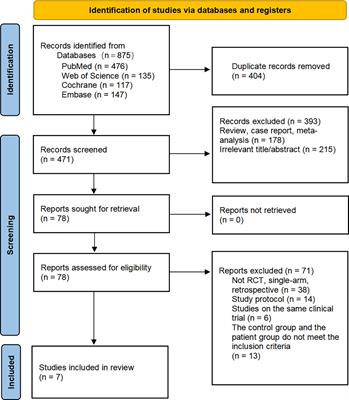
ORIGINAL RESEARCH
Published on 24 Jul 2024
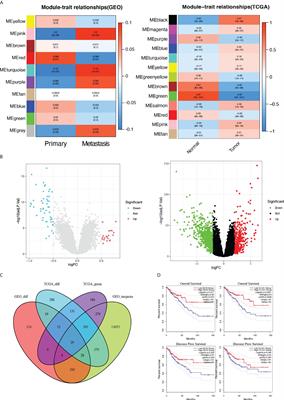
ORIGINAL RESEARCH
Published on 12 Jul 2024
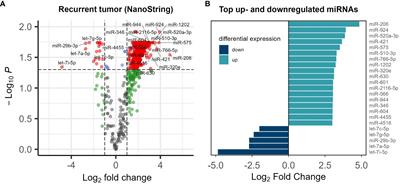
ORIGINAL RESEARCH
Published on 01 Jul 2024
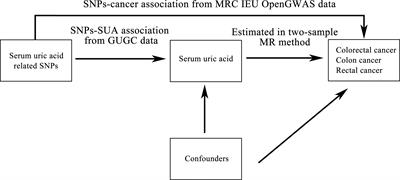
ORIGINAL RESEARCH
Published on 24 Jun 2024
